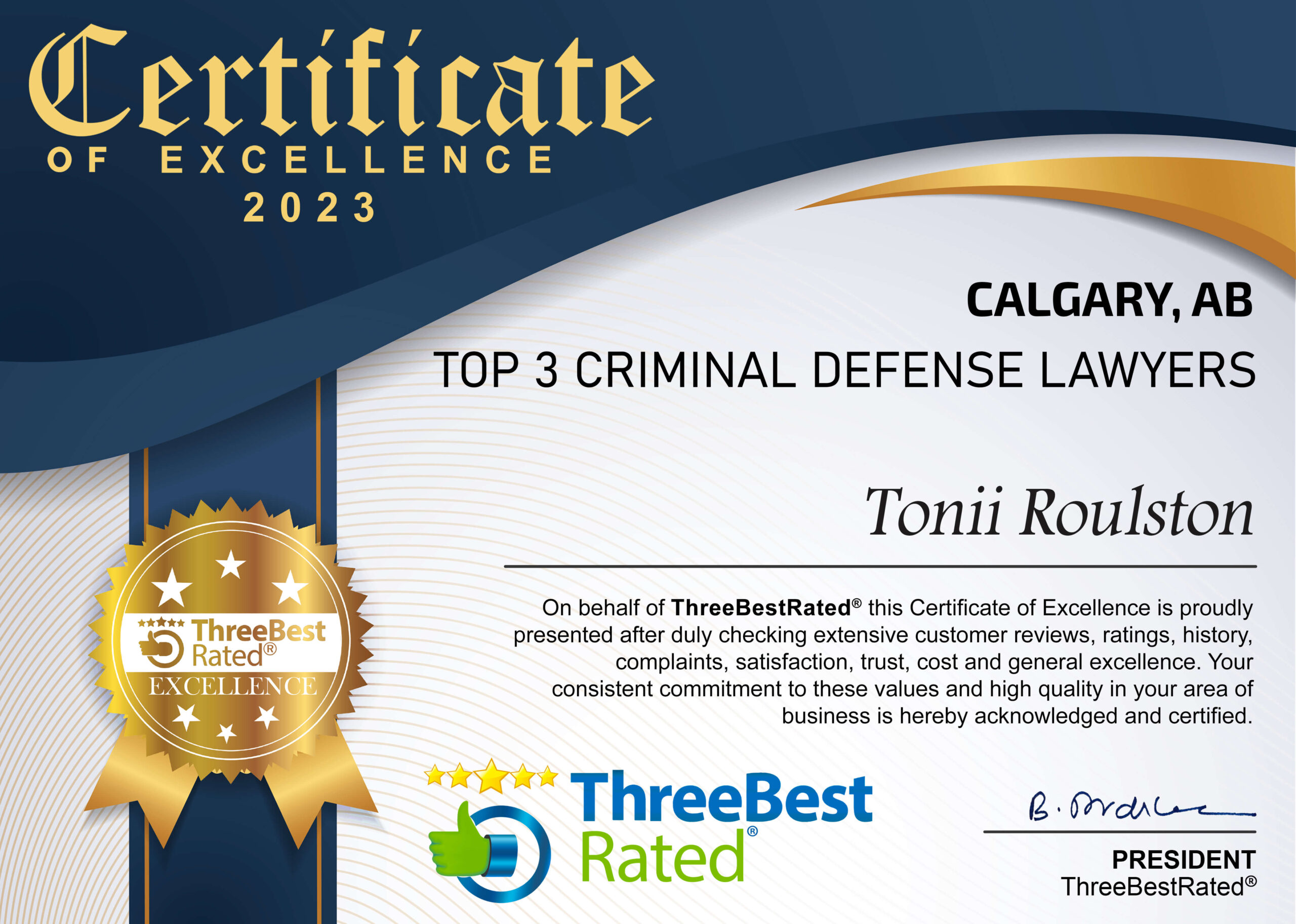The digital landscape has become fertile grounds for illegal human activity, including fraud, impersonation, harassment, child pornography, and child luring. As such, Internet crime is an expanding area of law with specialized law enforcement scouring the Internet for suspected criminal activity.
If a person is being investigated for a cybercrime, police can obtain:
- A production order to receive information from the suspected person’s Internet provider.
- A search warrant for credit card information, search engine history, and social network activity.
- A search warrant to enter your home and seize your computer and other electronic devices.
The goal is to place you as the person who engaged in specific types of Internet crime, including accessing certain websites, possessing data, and distributing illegal content. If you’re being investigated for an Internet crime, you need an experienced criminal defence lawyer to represent you.
What is considered an Internet crime?
By definition, an Internet crime – also known as cybercrime – is any illegal activity conducted online such as:
- Committing fraud – Internet fraud includes scamming people for information, spam, spyware, phishing, and online banking fraud. The most common type of Internet fraud is email-based phishing scams.
- Child pornography – Including accessing, possessing, creating, and distributing pornographic material of minors.
- Trafficking intellectual property – Including manufacturing, selling, or distributing counterfeit or pirated goods that are otherwise trademarked, patented, or not available for commercial distribution.
- Identity theft – Using another person’s identifying information, such as their name or credit card number, without their permission to commit fraud or other crimes.
- Violating privacy – Accessing private information without the person’s consent, such as social security numbers, obtaining passwords, online banking, and more.
Penalties for Internet crimes in Canada
The penalties for Internet crimes in Canada can be severe with jail time and fines. Additionally, a criminal record can have extensive consequences, such as the loss of job opportunities, the ability to travel internationally, and negative social stigma.
For child pornography cases, the minimum punishment outlined in the Criminal Code is jail time – whether it’s accessing, possessing, making, or distributing child pornography material. The length of the jail sentence depends on the offence.
What to do if you’re being investigated for an Internet crime
If you’re suspected of unlawful activity online, law enforcement can issue a search warrant, enter your home, and seize your computer and other electronic devices. Highly specialized agents from organizations such as the C.S.I.S. (Canadian Security Intelligence Service), FBI (Federal Bureau of Investigation), and the C.I.A. (Central Intelligence Agency) have the resources to analyze data, carry out undercover operations, and uncover hidden illegal activity.
At Roulston Urquhart Criminal Defence, we have technical knowledge of potential defences to Internet crimes. We will assess whether the search warrant or production order violated your rights and can have your sentence acquitted or result in a lesser penalty.
If you’ve been arrested or are being questioned by law enforcement, it’s imperative that you call us right away. Don’t give out information or answer questions until you contact one of our lawyers. We will walk you through the process and make sure your rights are protected.

